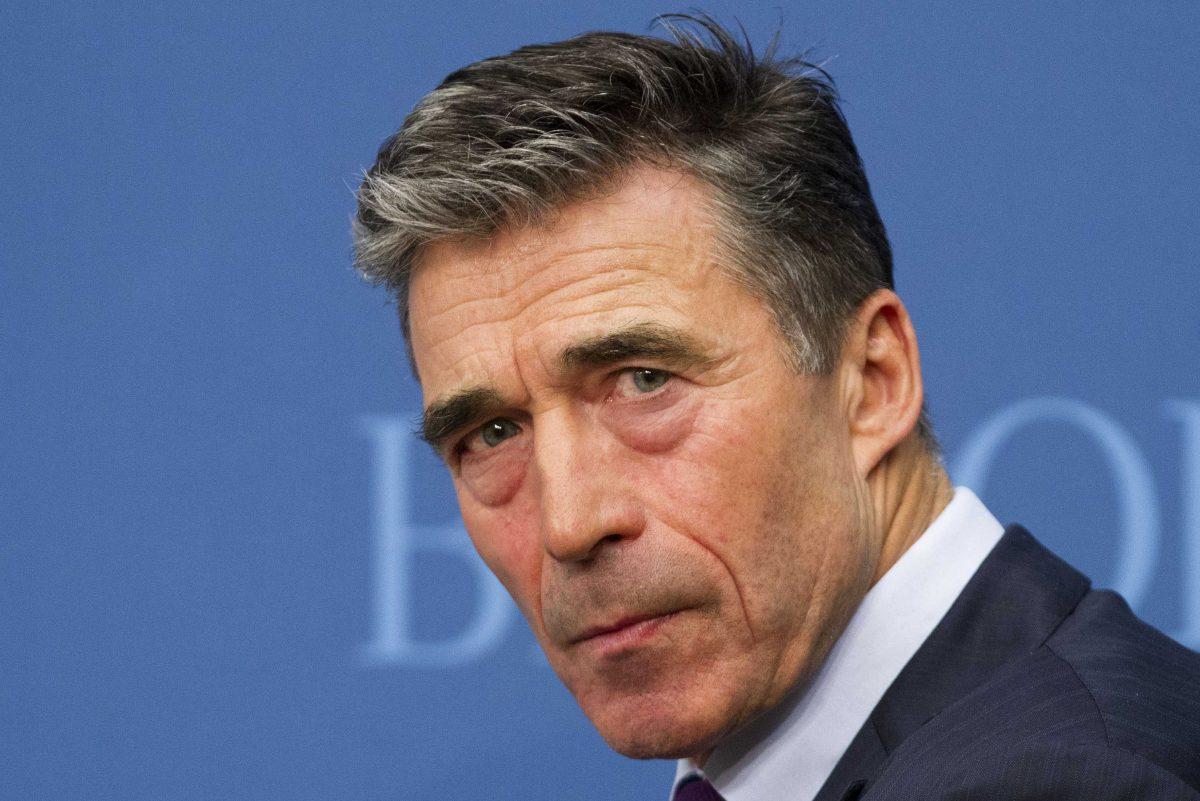Imagine if the Baton Rouge Police Department got a call from the LSU Police Department saying a mass shooting was imminent on campus, and they needed serious backup. Imagine further if BRPD gave a half-answer along the lines of, “We could maybe send you some extra Kevlar, but this really isn’t our thing yet.” That is basically the North Atlantic Treaty Organization’s, or NATO’s, position on the Ukrainian crisis.
In recent weeks, Russia has been massing ground forces on Ukraine’s eastern border for what the Kremlin calls “exercises.” With the number of soldiers almost as high as 80,000 and potentially 50,000 more on the way, one could hardly call these measures exercises.
In addition, Russian President Vladimir Putin has been busy building a case for war with the Russian populace. This includes even more rhetoric about the dangers and “brutality” that the Russian-speaking people in Ukraine face.
What this all boils down to is the fact that Putin fully intends to invade eastern Ukraine within the next few weeks.
And what has the West responded with? Not much, actually. While the Russian bear prepares to go to war with Ukraine, President of the European Council Herman van Rompuy called for “de-escalation” of the crisis at a news conference in Brussels, Belgium on March 26.
What Rompuy does not understand is that Russia will not de-escalate if it isn’t met with overwhelming force to make it back down. By refusing to put a substantive military option on the table, the West has removed its best leverage against the Kremlin.
What is needed is a NATO-operated no-fly zone over eastern Ukraine, shipments of arms and munitions to the Ukrainian military and a total mobilization by the Alliance. The full weight of NATO conventional forces would be more than ample to deter Putin. He isn’t seeking a fight with the West. He is merely pushing, and at the moment, we are allowing him to. His troop buildup is a response to the absence of any consequences for his actions.
Instead, NATO is taking the position that it will not directly intervene unless one of the member states is directly threatened, which would result in a response by all members under Article 5 of the North Atlantic Treaty, which establishes that an attack on one is an attack on all.
This position allows the Kremlin to take free rein with any — as the Russians call them — “near abroad” states with impunity and effectively throws Ukraine — which ousted its government in favor of closer ties with the Europe — under the bus. This is the same kind of vacillating that allowed the Third Reich to illegally grab Austria, Czechoslovakia and half of Poland.
Failing to deter aggression only invites more of it.
Despite engaging in both Afghanistan and Libya, NATO was formed primarily to deter Soviet (read: Russian) expansion into Europe after the Second World War. Putin is pushing for expansion as we speak, and the Alliance appears to be sitting on its hands. If NATO cannot act to maintain the sovereignty of one of its Partners for Peace, then it should no longer exist as an entity.
Organizations like this are only needed as much as they are viable. Failing to meet this challenge will render NATO the appendix of international organizations. Unless it wants to go the way of the Commonwealth of Nations — which is nothing more than a nod to the former strength of the British Empire — then the Alliance must cease this charade of cowardice toward the Kremlin and fulfill its intended purpose.
Otherwise, we are guaranteed to be looking at a much larger crisis down the road.
Ryan McGehee is a 21-year-old political science, history and international studies senior from Zachary, La.
Opinion: Lack of Western action reflects poorly on alliance
March 30, 2014
North Atlantic Treaty Organization (NATO) Secretary General Anders Fogh Rasmussen listens to a question while speaking about the future of NATO at The Brookings Institution in Washington, Wednesday, March 19, 2014. As it steels itself against westward Russian advances, NATO may find itself stretched too thin to maintain a broad military mission in Afghanistan by its member states beyond this year. U.S. officials said having to divert troops and resources, if not withdrawing completely, from Afghanistan to secure NATO states would be an unintended casualty of the West’s new focus on containing Moscow. (AP Photo/Jacquelyn Martin)
More to Discover








